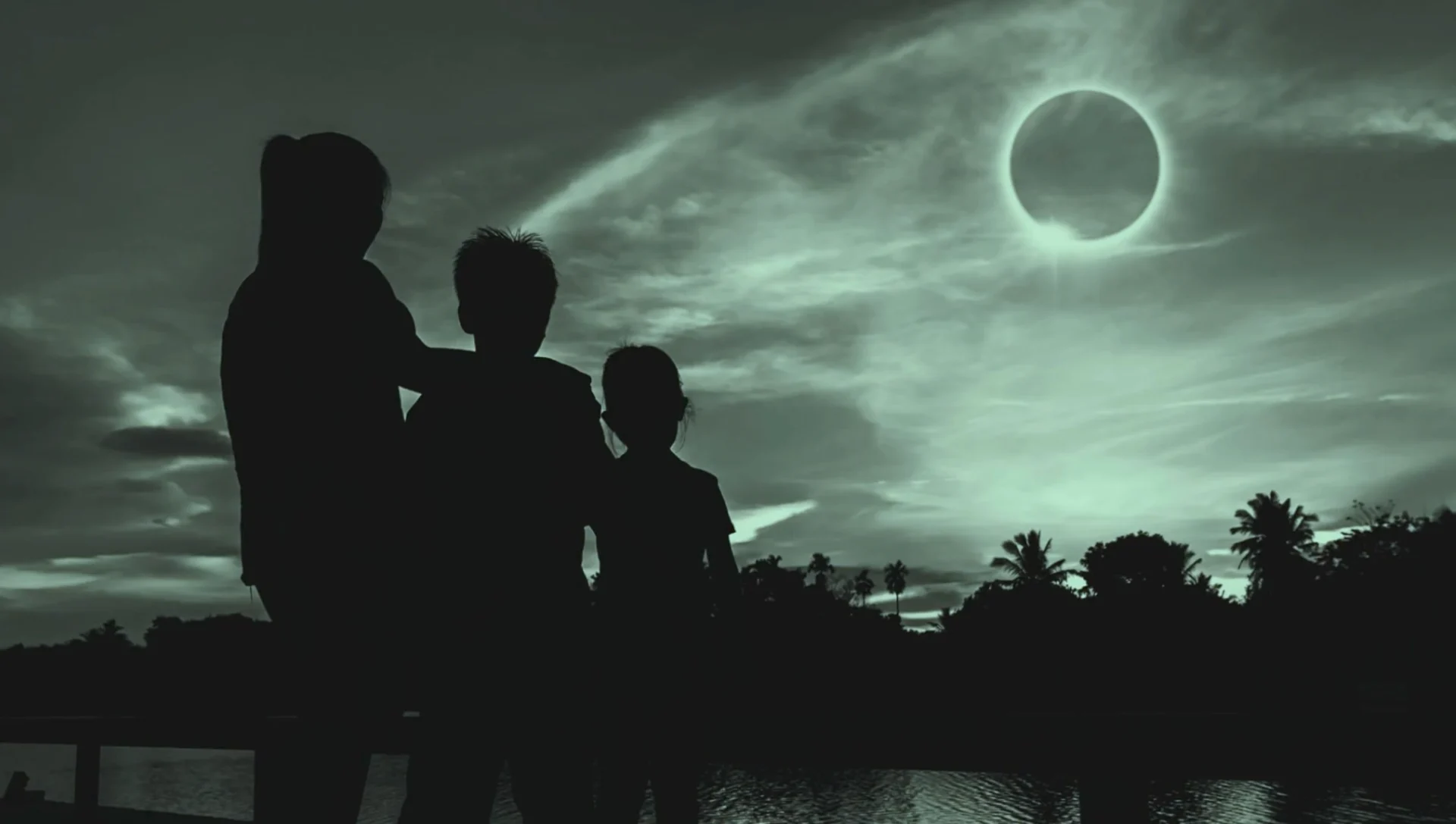
Four things we can learn during the upcoming eclipse
As the moon passes between the Earth and the Sun, plunging us into darkness, there’s a lot we can learn about our planet. So, what exactly will scientists be hoping to understand?
On April 8th, 2024, millions of Canadians will witness a rare celestial event - a total solar eclipse.
Here are some examples of what we might be able to learn.
Solar dynamics
During the eclipse, experts will study the Sun’s outer atmosphere, looking for insights into solar flares and coronal mass ejections.
DON'T MISS: Everything you need to know for April's spectacular and rare solar eclipse
Environmental factors
An eclipse can have strange effects on the local environment. For example, a 2016 study found that an eclipse of any kind—total, annular, or partial—can cause the wind to start blowing in another direction.
And during totality, it isn’t uncommon for temperatures to fall, sometimes as much as 12 degrees Celsius.
Studying these changes can further climate research.
Animal behaviour
When the Sun’s light fades during a total solar eclipse, nature will respond unexpectedly.
Birds can fall silent, crickets can start chirping, and bees can sometimes return to their hives, fooled by the sudden darkness.
These peculiar behaviours have fascinated people for centuries, but the mechanisms behind them remain a mystery.
RELATED: Strange things may happen during the eclipse, and NASA wants you to document it
Technological impact
Monitoring power grids and satellite communications when solar energy output drops during totality will improve infrastructure resilience.
And - because more than 30 million people in North America will witness the event, it offers a unique opportunity for large-scale citizen science. Suppose you’d like to help researchers by recording sounds, making observations, and assisting in data analysis, visit the Eclipse Soundscapes website. In that case, it’s a NASA-funded project, and scientists hope you’ll get involved!
